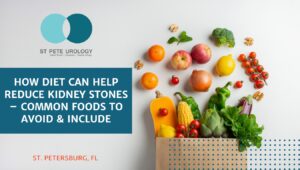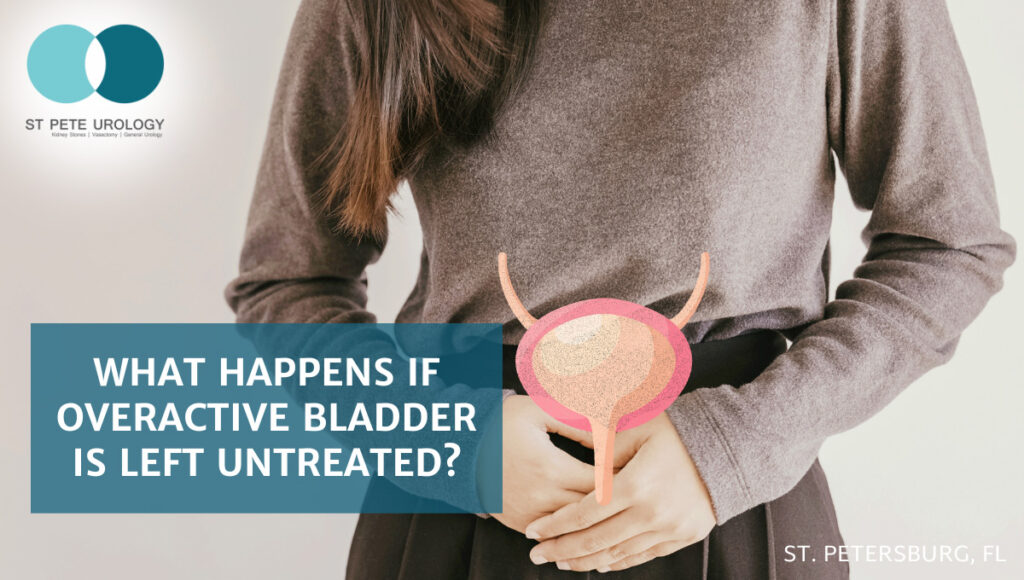Key Takeaways:
- Adopting a healthier diet can help prevent and alleviate kidney stone-related issues.
- Drink plenty of water to dilute substances in the urine and reduce the risk of stone formation.
- Monitor intake of oxalate-rich foods, sodium, and animal proteins to reduce risk of kidney stone formation.


Kidney stones manifest for various reasons, such as diet and dietary habits, medication, and genetics. A diet high in sodium, sugar, and animal protein can contribute to the development of kidney stones. Additionally, certain medications may also lead to stone formation. You might be asking, “But what about genetics?” Indeed, if someone in your family tree has had kidney stones, you may be more prone to them as well. But fear not! You can still take control of your diet to reduce your risk.
Common Foods to Avoid and Include
Individuals with kidney stones may experience symptoms like lower back pain, side and groin area pain, the urgency to urinate, and painful urination. While these symptoms may sound frightening, adopting a healthier diet can help prevent and alleviate these kidney stone-related issues.
It’s time for you to take the reins of your diet and make some changes. First, let’s talk about water. It’s crucial to keep yourself well-hydrated to prevent the formation of kidney stones. Adequate water intake dilutes the substances in urine, making it difficult for stones to form. So, fill your favorite water bottle and sip away throughout the day.
Now, let’s discuss the reduction of oxalate-rich foods. Oxalates are organic compounds found in certain foods that can contribute to kidney stone formation. Foods high in oxalates include spinach, beets, nuts, rhubarb, and even chocolate. However, it’s not that you can’t enjoy these foods, but rather, be mindful of your portion sizes and intake frequency.
What about sodium and animal protein? Well, both can increase the risk of kidney stones. Sodium, a notorious culprit in processed foods and restaurant dishes, can increase calcium levels in the urine, potentially leading to stone formation. Therefore, be diligent in reading food labels and opt for low-sodium alternatives when possible.
As for animal protein, it’s been shown that excessive consumption can also contribute to kidney stones. While it’s essential to have protein in our diet, try to incorporate more plant-based sources such as beans, lentils, or tofu. Of course, you don’t need to say farewell to your favorite steak dinner, but moderation is key.
Conclusion
In conclusion, taking control of your diet and incorporating healthier food choices can significantly reduce your risk of kidney stones. Remember to hydrate with water, monitor your intake of oxalate-rich foods, and practice moderation when it comes to sodium and animal proteins. As you work to make these dietary changes, you might find yourself questioning or needing guidance. Seek professional advice by consulting with a medical professional or dietitian.
If you’re in the St. Petersburg, Florida, area and have dietary or kidney stone-related concerns, reach out to St Pete Urology. Their expert team of urologists can provide guidance on kidney stone prevention and treatment. Don’t let the fear of kidney stones rule your life. Embrace a healthier lifestyle, and enjoy the benefits it brings.
References:
- “Kidney stones – Symptoms and causes – Mayo Clinic.” 3 Jun. 2022, https://www.mayoclinic.org/diseases-conditions/kidney-stones/symptoms-causes/syc-20355755.
- “Kidney Stone Diet Plan and Prevention | National Kidney Foundation.” https://www.kidney.org/atoz/content/diet.
- “Foods That Can Causes Kidney Stones: High Oxalate Foods to Avoid.” 27 Jan. 2022, https://www.webmd.com/kidney-stones/kidney-stones-food-causes.




